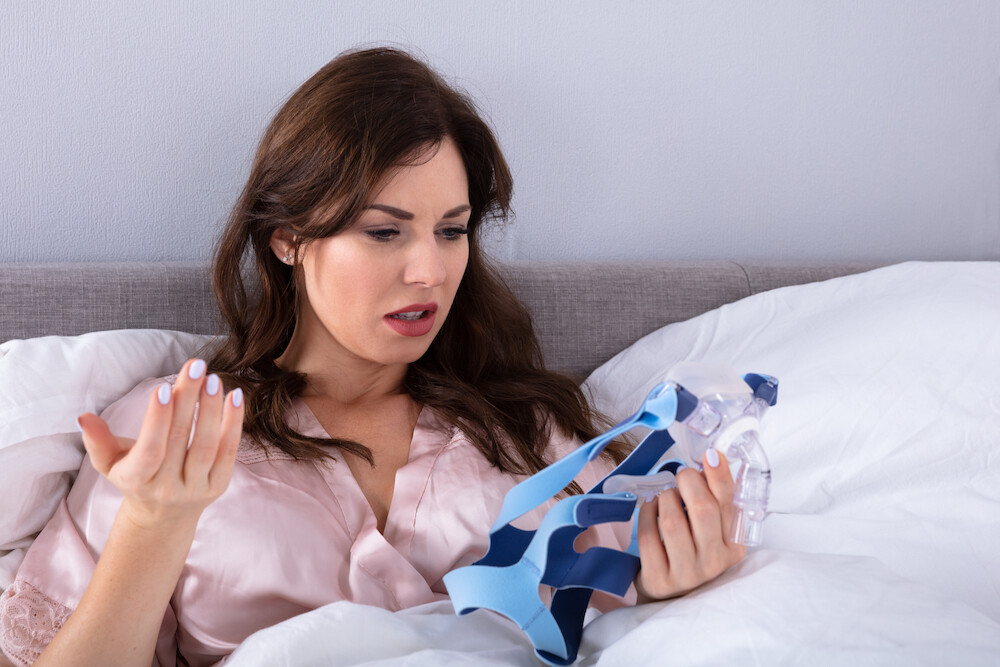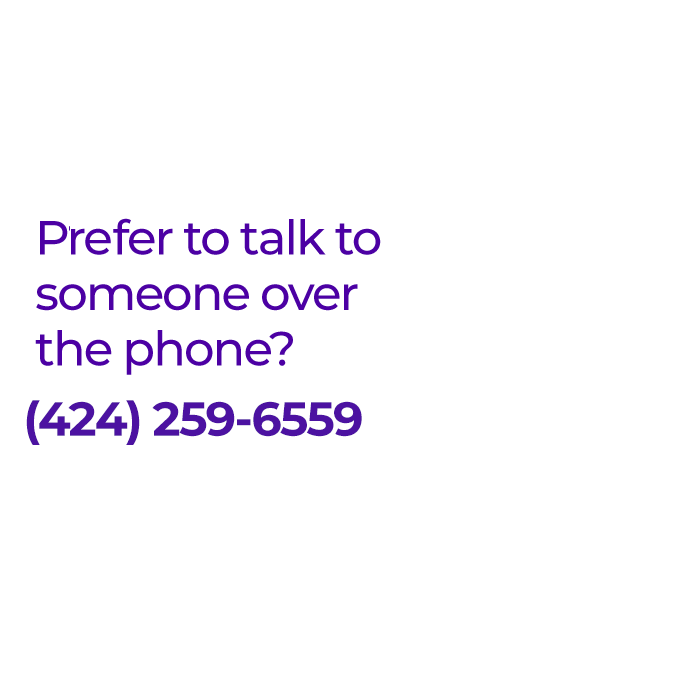While sleep apnea mostly affects men, women (especially those who are hoping to become pregnant) are at risk too. Learn about Jose’s and Rachel’s road to recovery.
I love writing about the latest research related to the surgical evaluation and treatment of snoring and obstructive sleep apnea. Research studies are important, but sometimes it is helpful to remind myself that the whole purpose of research is to improve the lives of patients.
A recent story highlighted the benefits of drug-induced sleep endoscopy and sleep apnea surgery in helping one of my patients return to live his life more freely. You can read more about it here on USC HSC News.
Another patient whom I treated also wanted to share her story. Rachel (not her real name), was in her 30s and had suffered for years with snoring, restless sleep, and sleepiness. She came to me after a sleep study showed moderate obstructive sleep apnea because she was unable to sleep comfortably while wearing her CPAP machine. Rachel’s symptoms were becoming more of an issue because she was now married and attempting to become pregnant with her husband.

Rachel underwent surgery in April 2019, combining nasal surgery and soft palate surgery. By the third week after surgery, she was recovered from the operation and already feeling much better. The second month after her surgery, Rachel was feeling like her normal self again. She is no longer sleepy during the day and is ready to move forward with enjoying her life fully. After surgery, we completed a sleep study, and it showed that Rachel no longer has obstructive sleep apnea. It energizes me to see her smile, telling me she no longer worries about sleep apnea and her struggles with sleepiness and fatigue. With young children of my own, I can also understand how reassuring it is that her sleep apnea has cleared up as she looks to start her family.
Rachel’s story is not unusual. Many people get frustrated because they cannot tolerate CPAP, whether because of not being comfortable with a mask on their face during sleep, claustrophobia and a sense of suffocation, air leak that blows over their eyes or face to wake them up, or other reasons that just leave them fighting their CPAP machines. At Keck Medicine of USC, we are here to help anyone looking for options. Although obstructive sleep apnea is more common in men, there are many women affected by this disorder. Women with obstructive sleep apnea who are hoping to become pregnant have an extra reason to seek treatment. Pregnancy can cause or worsen obstructive sleep apnea because pregnancy is associated with weight gain and fluid retention. Studies have shown that untreated obstructive sleep apnea carries an increased risk of pregnancy-related complications, including high blood pressure, diabetes, and pre-eclampsia.
Please feel free to reach out to me if you are affected by obstructive sleep apnea and are not having success with positive airway pressure therapy (such as CPAP). We are passionate about helping people in this situation. You can also book an appointment for me by clicking here or by using ZocDoc.




Susie says:
Hello. I am a 55 year old female from Canada. I have SOSA with AHI 34.7 as discovered by Polysomnogram done in 2021. I also have Sjogren’s Syndrome which prevents me from using CPAP. I had both a heart attack (1 very long stent installed in R artery) and R hemisphere Lacunar stroke in 2021. I am currently in Serbia receiving autologous stem cell therapy in the hopes of decreasing severity of the Sjogren’s. It would appear that surgery may be my only option for preservation of life at this point and I find that many Doctors have never even heard of SOSA let alone DISE for proper diagnosis or surgical options. Canada’s medical system is so over-burdened that I cannot even find a suitable General Practictioner let alone get to the proper Specialist. I have been using a mandibular advancement device for a couple of years now, but don’t think it is helping. I found you on the internet and am hoping to be able to consult with you on what to do next. Psychologically, I am now feeling very defeated but still hope to be able to find a suitable resolution for my SOSA, as I feel this is the root cause of so many issues going on with me. Please let me know if and when you may be available to discuss. Thank you, in advance for your consideration in this regard.
Dr. Kezirian says:
Please feel free to reach out to me via e-mail if you would like to schedule a telehealth consultation.